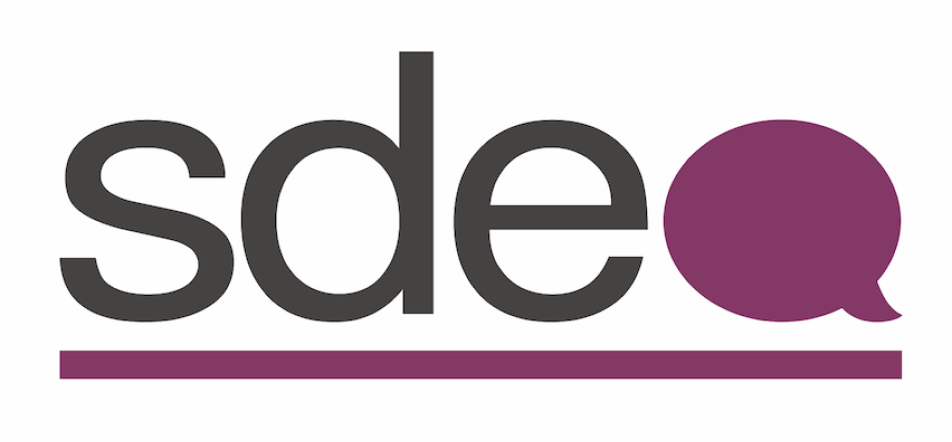Raiya Basalamah reflects on her experience with Essentials of Teaching and Learning Approaches (9th Intake)
by Raiya Basalamah
First Day Blues
Finding out about the ETLA course at the beginning of this year brought back memories of my first day teaching drama. The ‘training’ that was offered to me was barely enough to prepare me for the chaos that was about to ensue. I found myself overwhelmed by my lack of certainty and inability to manage a class; I came home after my second day of work curled up in bed, my face wet with tears. Although that was about two years ago and I have grown tremendously in my practice, I knew that feeling overwhelmed was something I wanted to prevent from happening again. ETLA seemed like the best opportunity to accomplish that. My goal was to come out of the course with more confidence, awareness, and intention to my practice, so that my students have the quality education they deserve.
ETLA has opened my eyes to how profound drama education can be, and that it’s more than just fun and games.
More Than Just Fun and Games
ETLA has opened my eyes to how profound drama education can be, and that it is more than just fun and games. One major impact that the course has had on my practice is how it has encouraged me to inject more reflective thinking throughout my classes. For example, instead of just having my students create tableaux in groups, I give them the opportunity to look at and evaluate each other’s work as well. With that, I offer them questions on what they see in each other’s tableaux, in terms of shapes, levels, spatial relationship, etc. From there, they can start to create meaning, or even recognise what makes a tableaux effective, whether it’s in facial expression or physicality.
I was inspired by Noorlinah’s module in particular to be more careful in how I scaffold my students’ learning and their reflective process. I still remember how engaged my course mates and I were looking at Jackson Pollock paintings and even just shapes on a blank screen during her module. It was hard for us to resist immediately imposing a story when Noorlinah asked us what we saw in the images, but once we got the hang of focusing on exactly what we observed - not what we think - it actually created more room for us to uncover the depth and possibilities behind what the images could convey, which was exactly what Noorlinah wanted us to experience, so that we could apply that to our own classes.
I find my practice to be more fulfilling and grounded post-ETLA. Recently, on my second last session of the year with my primary school Drama CCA students, I was pleasantly surprised to see how articulate they were when engaged in reflective discussion. In our session, I gave them the opportunity to process how their Teachers’ Day performance went, framing the discussion towards challenges and what went well throughout that day. I was amazed at how my improved phrasing of questions allowed me to step back and let my students share at length, not only with me, but with one another as well. It was evident that our shared effort towards building an ensemble came to fruition, because I could see my students trusted one another enough to offer and receive feedback amongst themselves. One student gave feedback on how their ensemble member could have made a quicker and stronger entrance on stage, while another commended a student for staying calm when her microphone dropped during the performance. As much as my students have grown throughout the year, my development as an educator has also encouraged their growth and empowered them to process their learning and experiences in their individual ways. At the end of the day, I learn from my students, as much if not more than they learn from me.
The community that was established through this course has also opened my eyes to the shared challenges that arts educators face
Moving Forward
I hope to continue empowering my students this way, allowing them to show up to the classroom as they are, and respecting their unique ways of processing the world around them. I am thankful to my ETLA facilitators and course mates for all the wisdom they’ve shared throughout our time together, as it has led me to more stability and growth in my practice. The community that was established through this course has also opened my eyes to the shared challenges that arts educators face; I felt less alone knowing that others have gone through first day blues like me and have also felt overwhelmed by the demanding nature of their work. Having gone through many struggles with my mental health, I often talk about the importance of work-life balance with my friends who are in this industry, and being in tune with the amount of recharge we need after teaching. Our students are more sensitive than we realise and we should not let any of our vulnerabilities to affect them in a negative way. Drama class should not only be a playful and empowering space for creativity, but most importantly safe and fulfilling too, for everyone involved.



